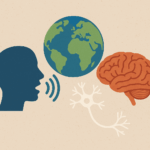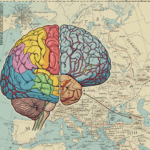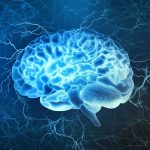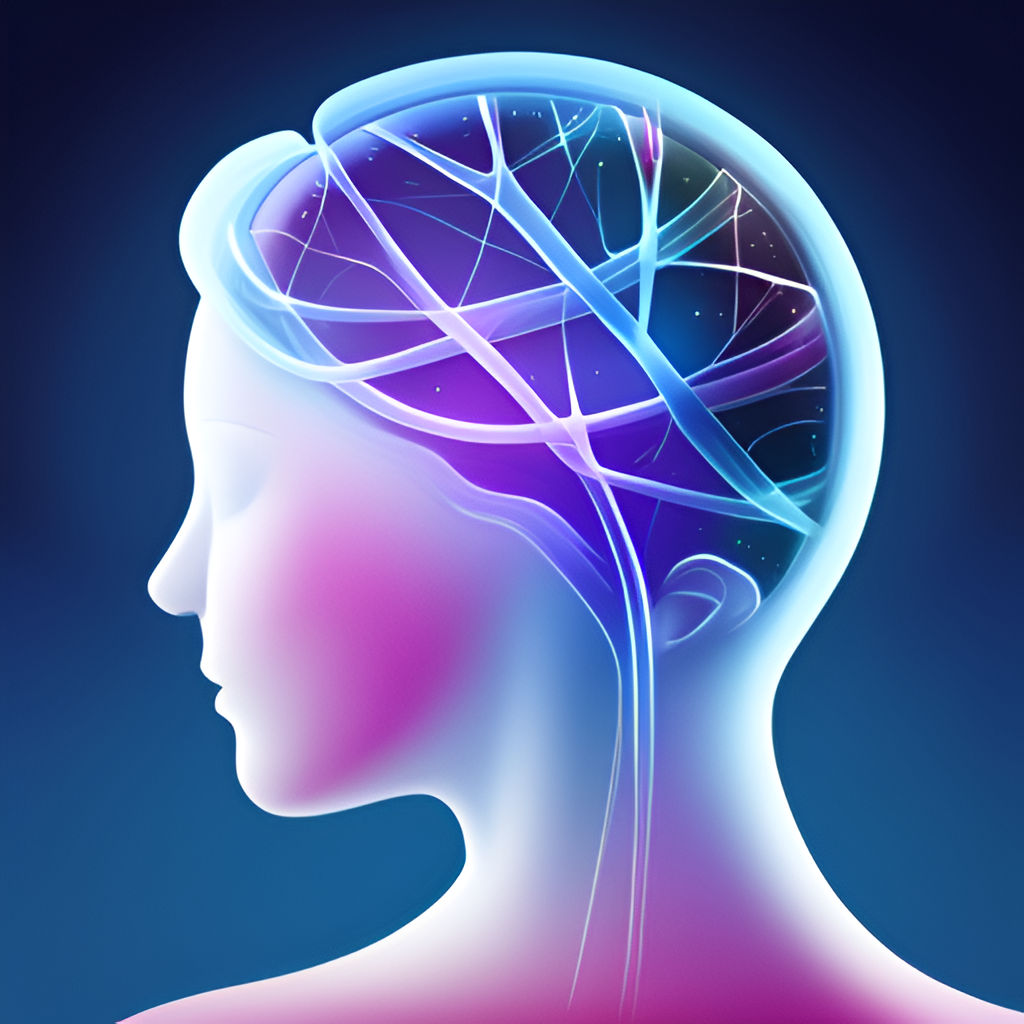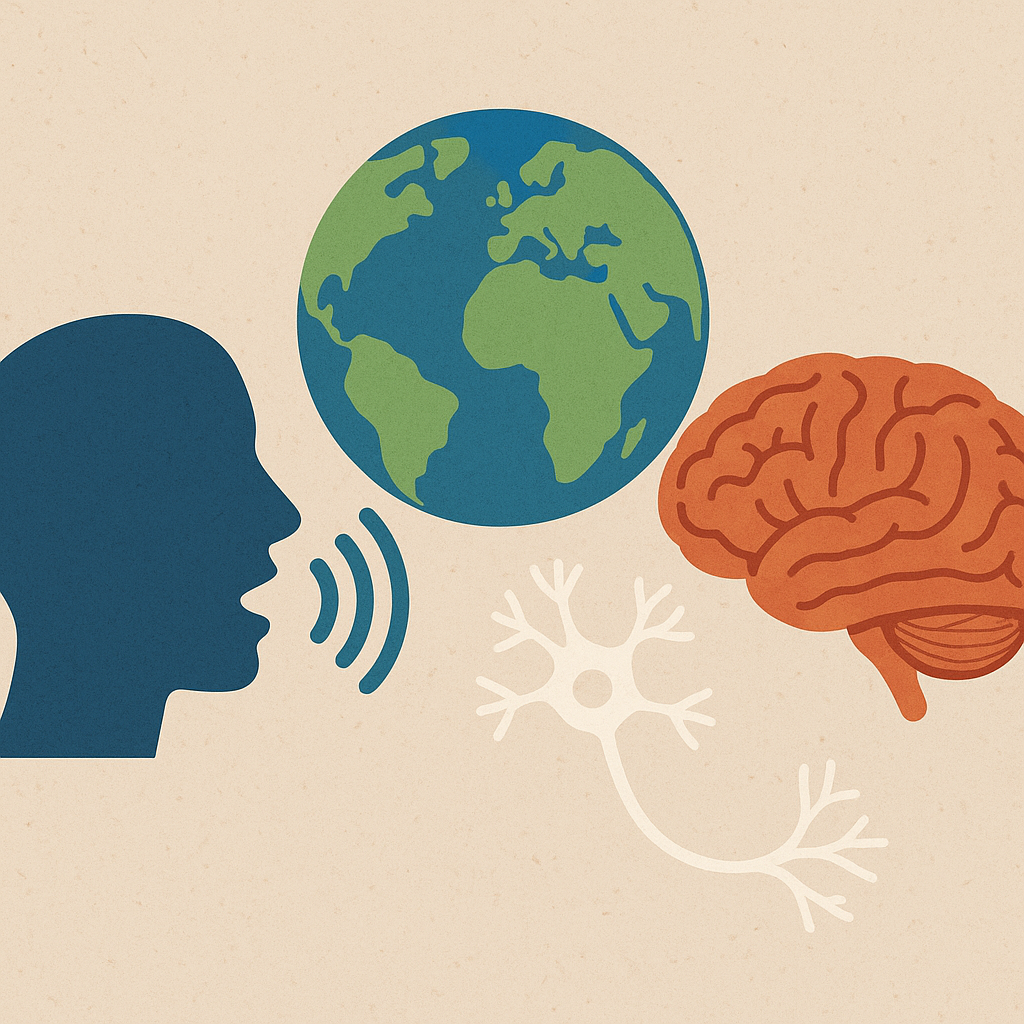Serotonin: The Mood Regulator
Serotonin is a neurotransmitter that plays a crucial role in regulating mood, sleep, and appetite. It is often referred to as the ‘feel-good’ neurotransmitter because of its ability to promote feelings of happiness and well-being.
Low levels of serotonin have been linked to depression, anxiety, and other mood disorders. In fact, many antidepressant medications work by increasing the availability of serotonin in the brain. Serotonin also helps regulate sleep patterns and appetite, which can be disrupted in individuals with low levels of the neurotransmitter.
Acetylcholine: The Learning Neurotransmitter
Acetylcholine is a neurotransmitter that plays a critical role in learning, memory, and attention. It is involved in the formation of new memories and the retrieval of old ones, as well as the ability to focus and concentrate on tasks.
In addition to its role in cognitive function, acetylcholine also has important effects on the body’s autonomic nervous system, which controls involuntary functions such as heart rate and digestion. It is involved in the regulation of muscle contractions, including those involved in breathing and movement.
Norepinephrine: The Stress Hormone
Norepinephrine, also known as noradrenaline, is a neurotransmitter that plays a key role in the body’s stress response. When we encounter a stressful situation, the brain releases norepinephrine into the bloodstream, causing the heart to beat faster and increasing blood pressure.
In addition to its effects on the cardiovascular system, norepinephrine also affects mood and cognition. High levels of norepinephrine can lead to feelings of anxiety and agitation, while low levels can result in fatigue and depression. Norepinephrine also plays a role in attention and memory, with some studies suggesting that it may enhance learning and improve cognitive performance.
GABA: The Calming Neurotransmitter
GABA, short for gamma-aminobutyric acid, is a neurotransmitter that plays a crucial role in reducing anxiety and promoting relaxation. It works by inhibiting the activity of other neurotransmitters in the brain, which helps to calm the nervous system and reduce feelings of stress and anxiety.
Research has shown that low levels of GABA are associated with a range of mental health disorders, including anxiety, depression, and insomnia. By increasing GABA levels in the brain, it may be possible to alleviate some of these symptoms and improve overall mental health.
